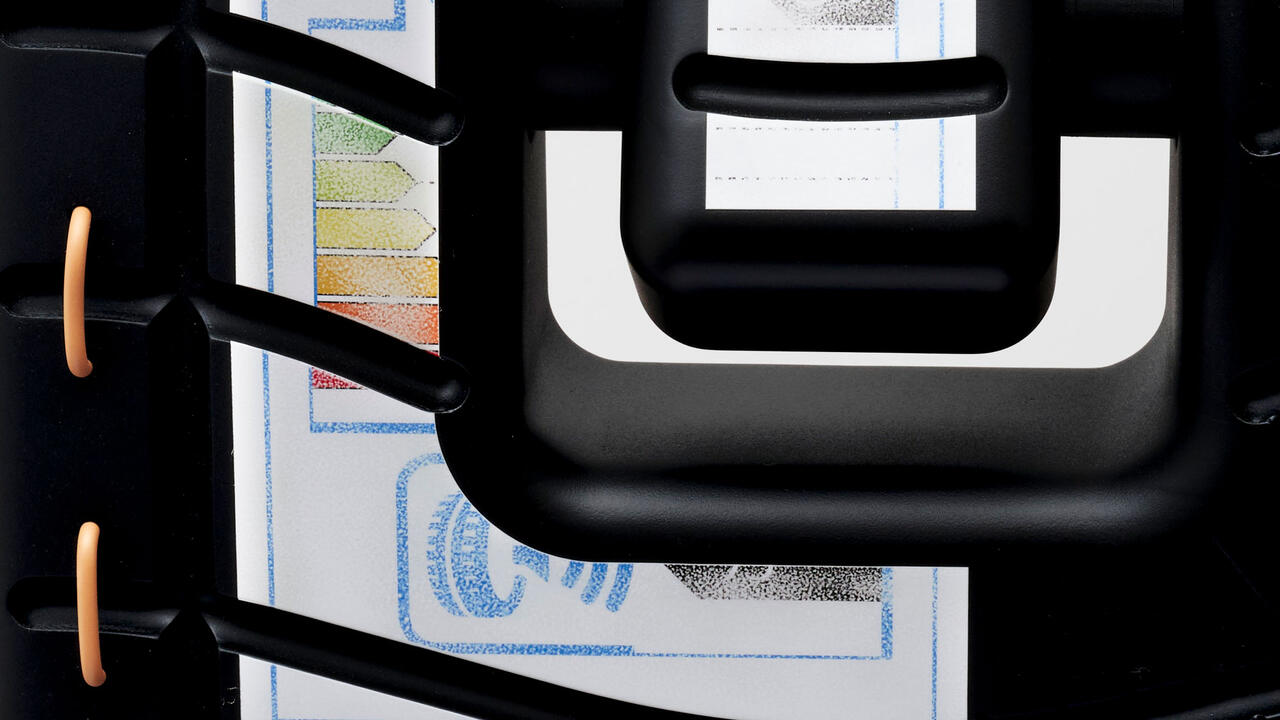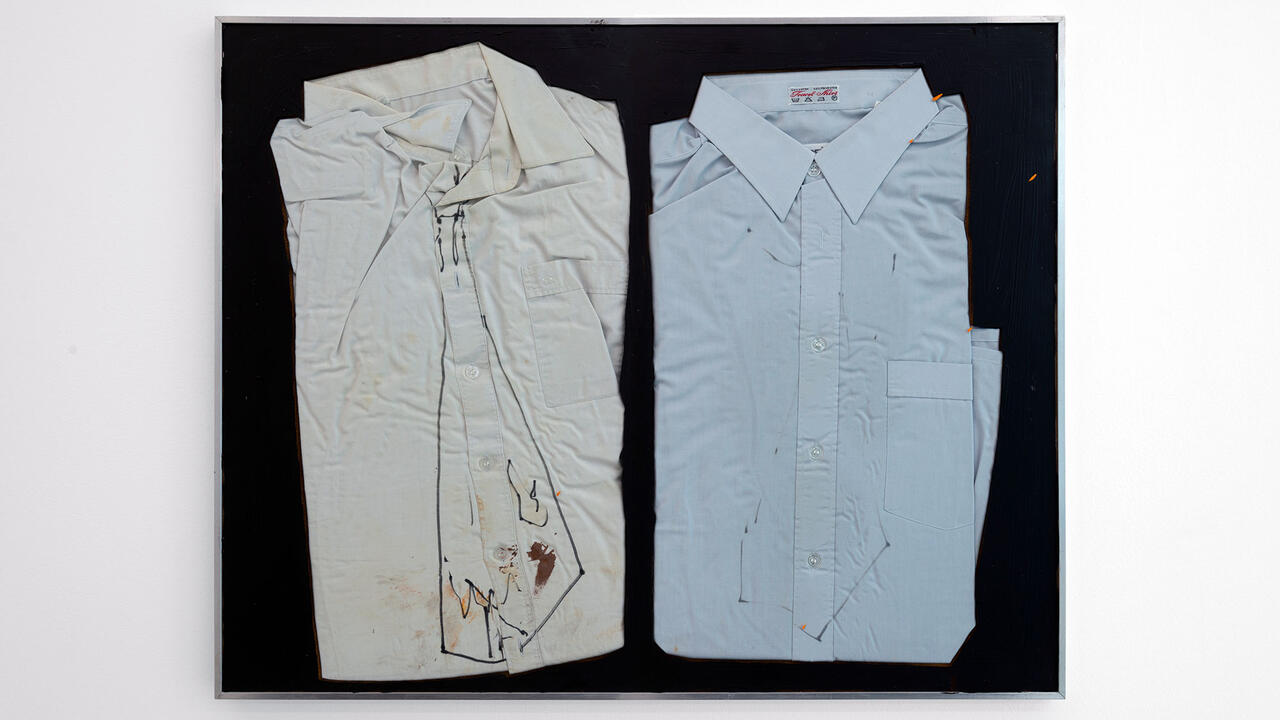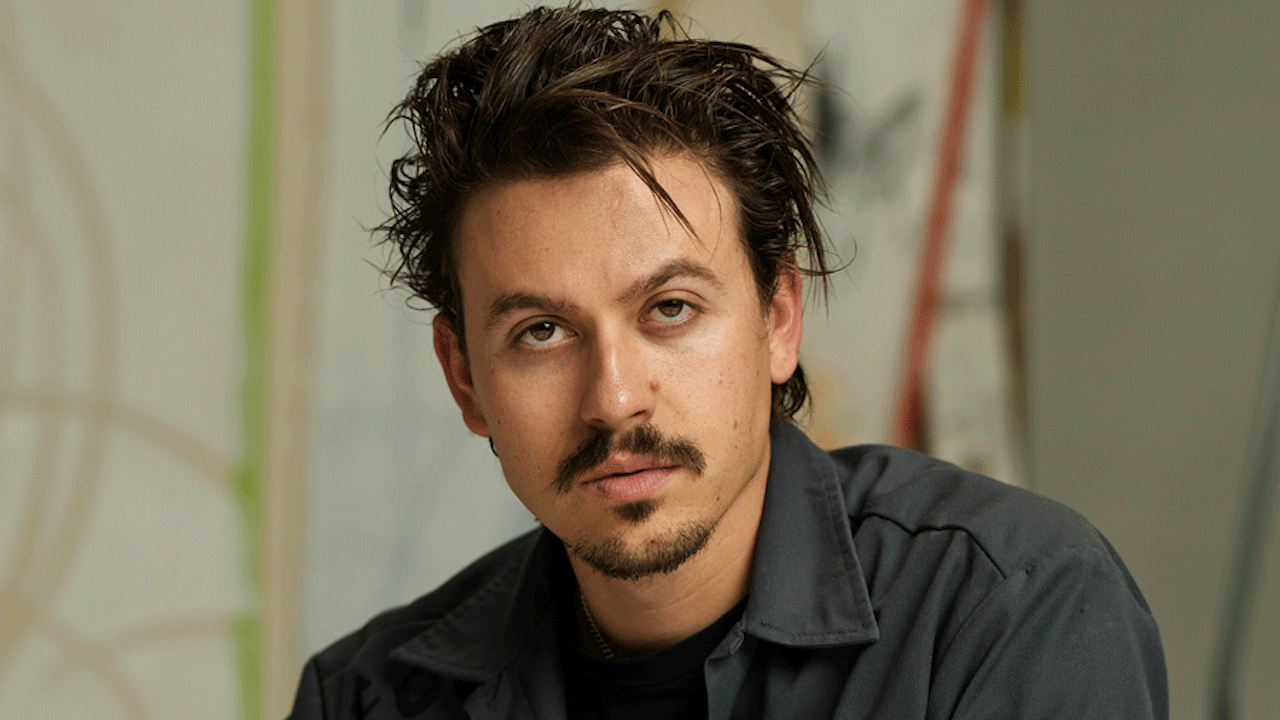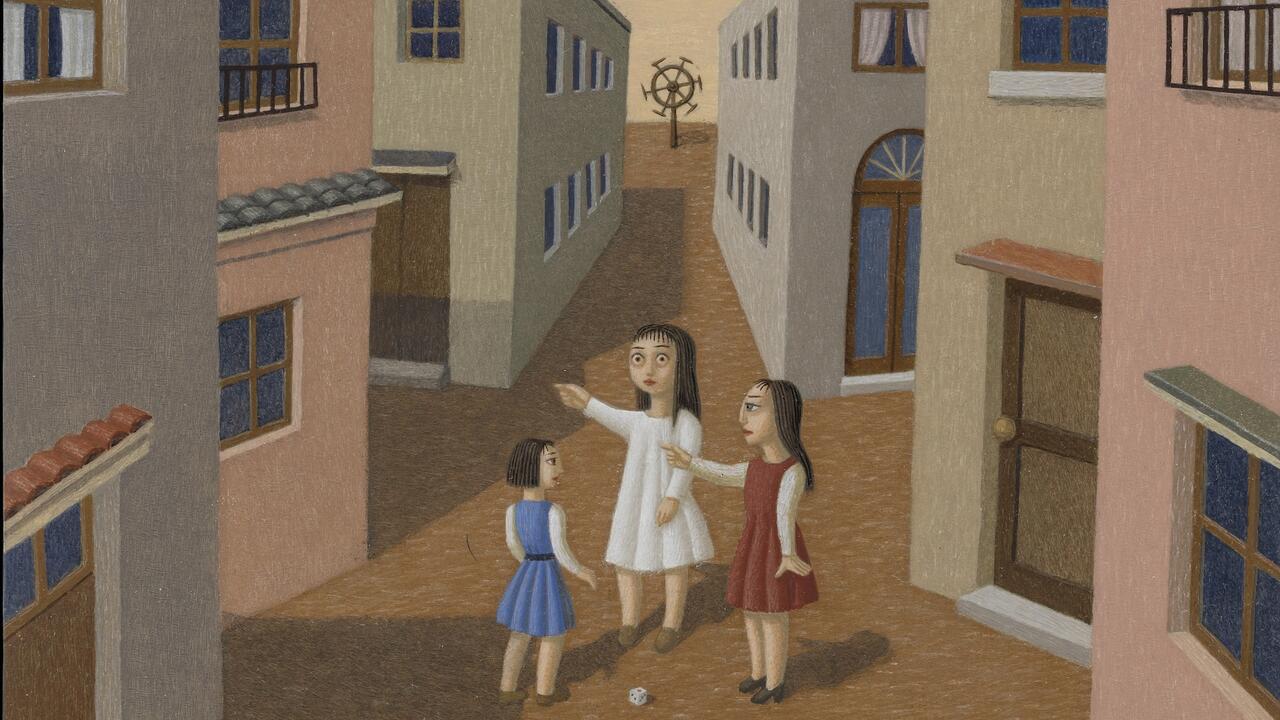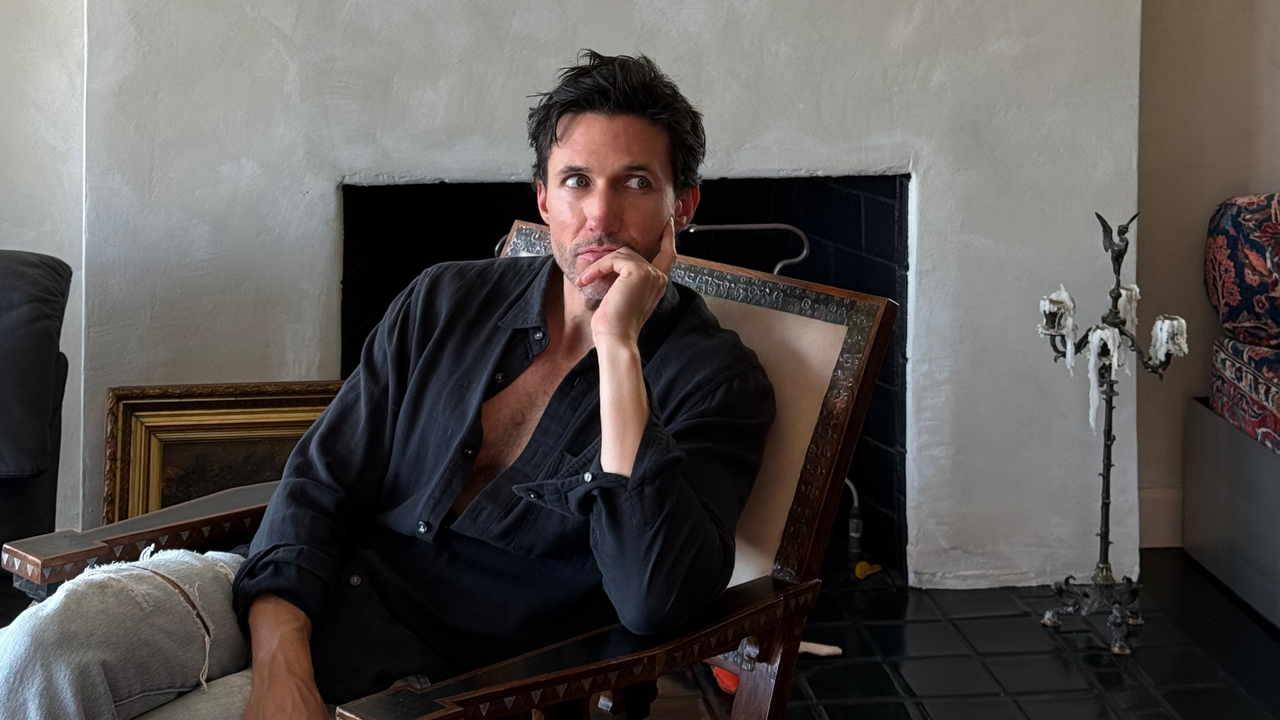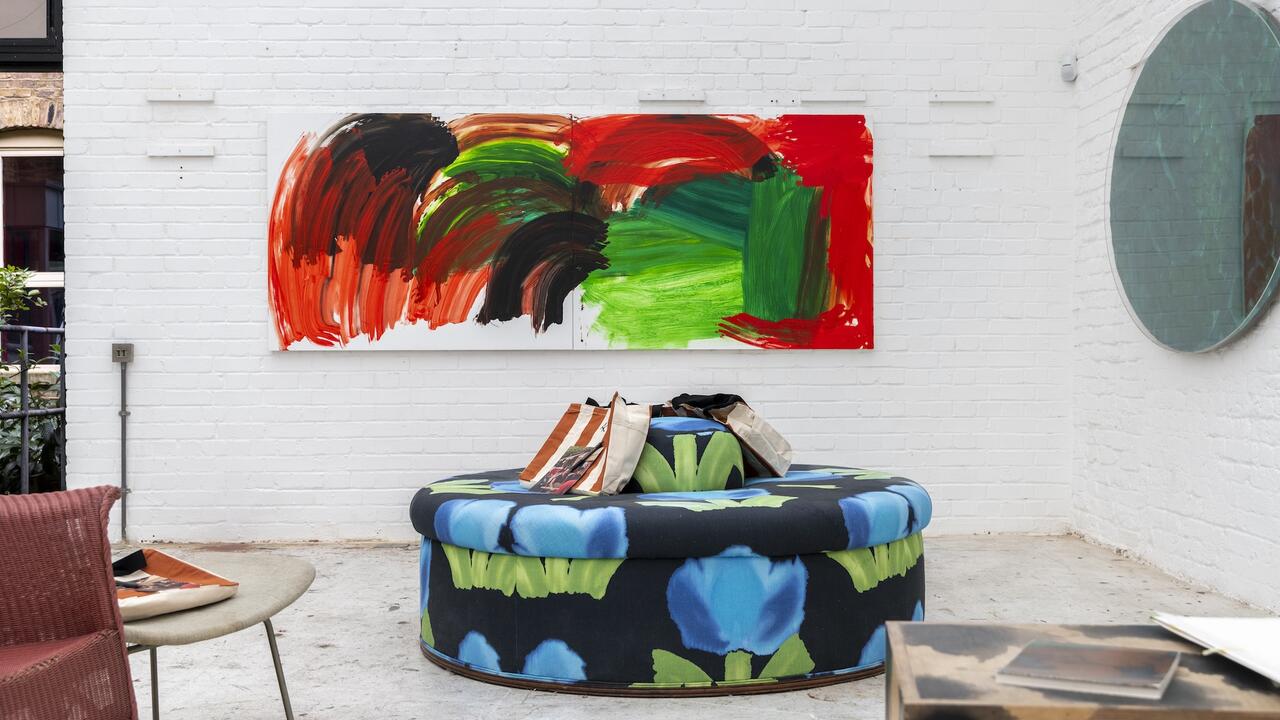Why So Serious?
In search of a pan-European sense of humour
In search of a pan-European sense of humour

This column is about the emerging aesthetic tradition of European TV. Yes, you read that correctly: ‘European TV’. A pan-European televisual tradition does exist. A decade or so after the introduction of the controversial term ‘quality TV’ in critical discourse to describe a type of production characterized by intricate narratives, elaborate mises en scène and expansive casts aimed at ‘high end’ viewers, a new level of televisual output has become noticeable across Europe. The Scandinavians are certainly at the forefront of this shift towards the ‘qualitative’, with serial noirs such as Forbrydelsen (The Killing), Broen (The Bridge) and Borgen, as well as the cyborg show Äkta Människor (Real Humans), winning airtime all over the world. The UK has followed suit, adding crime thrillers like Broadchurch and The Fall, and the dystopian drama Black Mirror to its long-standing tradition of TV plays, literary adaptations and sketch comedies. In France, crime thriller Spiral and zombie drama Les Revenants (The Returned) have created a stir, while the Germans have recently put lots of effort (and money) into war dramas such as Unsere Mütter, unsere Väter (Generation War) and Tannbach – Schicksal eines Dorfes (The Fate of a Village). Even in my native country, the Netherlands, there have been attempts to turn TV into something more than illustrated radio (whether always successfully so is up for debate).
What is interesting about the TV series now coming out of Europe is that most of them are dramas as opposed to comedies, that they acknowledge local aesthetic traditions while also appropriating tropes from US ‘quality TV’, and that they refer to elements or locales particular to their country of origin without losing universal appeal. The Killing, for instance, references Ibsenian theatre conventions while adopting from its US predecessors the frequent use of wide-angle shots, zooms and location shooting, and The Bridge situates its story in an incredibly local social and geographical setting (the bridge that connects Sweden to Denmark) without forfeiting the story’s broad reach. Indeed, whatever their local affiliations, almost all of these shows are screened on US TV and/or remade for US audiences.
But why the lack of quality European comedy? While quality drama is thriving, crossing borders, selling to Netflix and winning awards, the continent’s comedic traditions seem far less capable of producing international successes. It is true that in the US, too, the ‘quality’ epithet used to be associated with drama more than comedy, but the balance has been restored in recent years with shows such as Freaks and Geeks, Arrested Development, Curb Your Enthusiasm and Girls stretching the limits of (televisual) storytelling. But, in Europe, British ‘hitcom’ The Thick of It and Ricky Gervais’s numerous projects are the only shows that come to mind as suitable comparisons. The IT Crowd and The Inbetweeners, both immensely popular in the UK, did not succeed across the pond, nor did German crime comedy Der Tatortreiniger (Crime Scene Cleaner) or Dutch romantic comedy A’dam – E.V.A.
When I discussed the problem of pan-European TV comedy with friends, two lines of reasoning prevailed. The first was that comedy and drama do not have the same social status: drama can easily be seen as art, whereas comedy is still not always taken seriously. Another thread (one with a long history) is that comedy doesn’t travel well. Whereas dramatic conventions seem to have creolized, comedic conventions are still mostly national. The stuff the French laugh about is not, supposedly, what makes the Norwegians crack up, just as I guess few of my fellow Europeans could imagine enjoying German comedy (even I have a hard time, and I live in Germany).
Both of these arguments as to why pan-European comedy doesn’t seem to be in vigorous health hold up, to an extent. But it remains remarkable that – in times of increasing financial, political and social European integration – the two aesthetic registers appear only partially to overlap. The picture of itself Europe is creating through drama is, judging by its TV shows, a serious one, characterized by suspense, moral ambiguity and a focus on character development. In contrast, its comedy – a register that has historically been a breeding ground for criticism – remains almost exclusively bound by national borders. The Inbetweeners’ cynicism in the face of reason, Der Tatortreiniger’s Bakhtinian comedy wrung from cleaning up after dead bodies and from the subversion of typically German social norms: these things don’t resonate long-distance. While drama tends to reinforce the conventions of the European project, comedy has the ability to shift perspective, to draw the tax-dodging Brussels elite, the neo-liberalist values, the institutional racism, the bureaucracy and so on into another realm of signification. It’s time Europe started laughing at itself.









